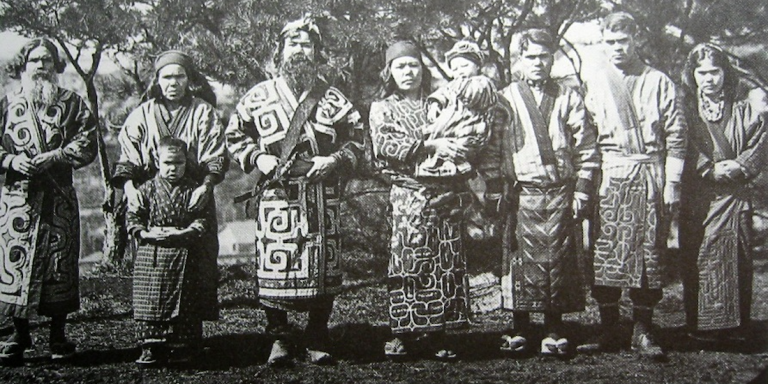
A Step Toward Cultural Repatriation
London — In a significant development for indigenous rights and cultural heritage, the United Kingdom has announced plans to return the remains of Ainu ancestors to Japan. This decision marks a milestone in addressing historical grievances and fostering respect for the Ainu people, Japan’s indigenous community primarily residing in Hokkaido.
The Ainu are an indigenous group with distinct language, culture, and history pre-
dating modern Japan. Historically marginalized, subjected to assimilation policies,
the Ainu have long sought recognition and preservation of their cultural identity.
Background: The Ainu People and Their Cultural Heritage

Their ancestral remains, taken during periods of colonial and scientific exploration, have been held in museums and institutions worldwide, including the United Kingdom.
The Discovery and Custody of the Remains
The remains in question were collected by British explorers and researchers in the late 19th and early 20th centuries.
These remains were transported to the U.K. for study and display, a practice common at the time but now widely criticized for its ethical implications.
The Ainu community and Japanese authorities have repeatedly requested the repatriation of these remains to honor their ancestors and allow for proper cultural rites.
Diplomatic Efforts and Negotiations
Over the past decade, Japan and the U.K. have engaged in diplomatic discussions to facilitate the return of the Ainu remains. These talks have involved cultural ministries, indigenous representatives, and international heritage organizations. The U.K. government’s recent announcement signals a positive resolution after years of dialogue, reflecting a growing global movement toward repatriation of indigenous artifacts and remains.
The Significance of the Return

Returning the Ainu remains is not merely about repatriation; it symbolizes respect for indigenous rights and recognition of historical injustices.
For the Ainu people, it is an opportunity to reconnect with their ancestors through traditional ceremonies and to reclaim their cultural heritage. The move also aligns with international conventions on the treatment of indigenous remains and cultural property.
Reactions from Stakeholders
Japanese government officials have welcomed the U.K.’s decision, emphasizing the importance of preserving Ainu culture and history. Ainu leaders expressed cautious optimism, highlighting the need for continued support in cultural revitalization efforts. Meanwhile, experts in anthropology and cultural heritage have praised the decision as a model for other countries holding indigenous remains.
Next Steps and Future Implications
The process of returning the remains will involve careful coordination to ensure respectful handling and transportation. Both governments are expected to collaborate closely with Ainu representatives to plan the repatriation ceremonies. This precedent may encourage other institutions worldwide to reconsider their holdings of indigenous remains and artifacts.
The U.K.’s commitment to returning the Ainu remains to Japan marks a meaningful advancement in indigenous cultural rights and international cooperation. It underscores the importance of acknowledging past wrongs and working toward restorative justice. As the Ainu community prepares to welcome their ancestors home, this event offers hope for greater recognition and preservation of indigenous heritage globally.
U.K. to Repatriate Ainu Ancestral Remains Back to Japan (April 28, 2025)